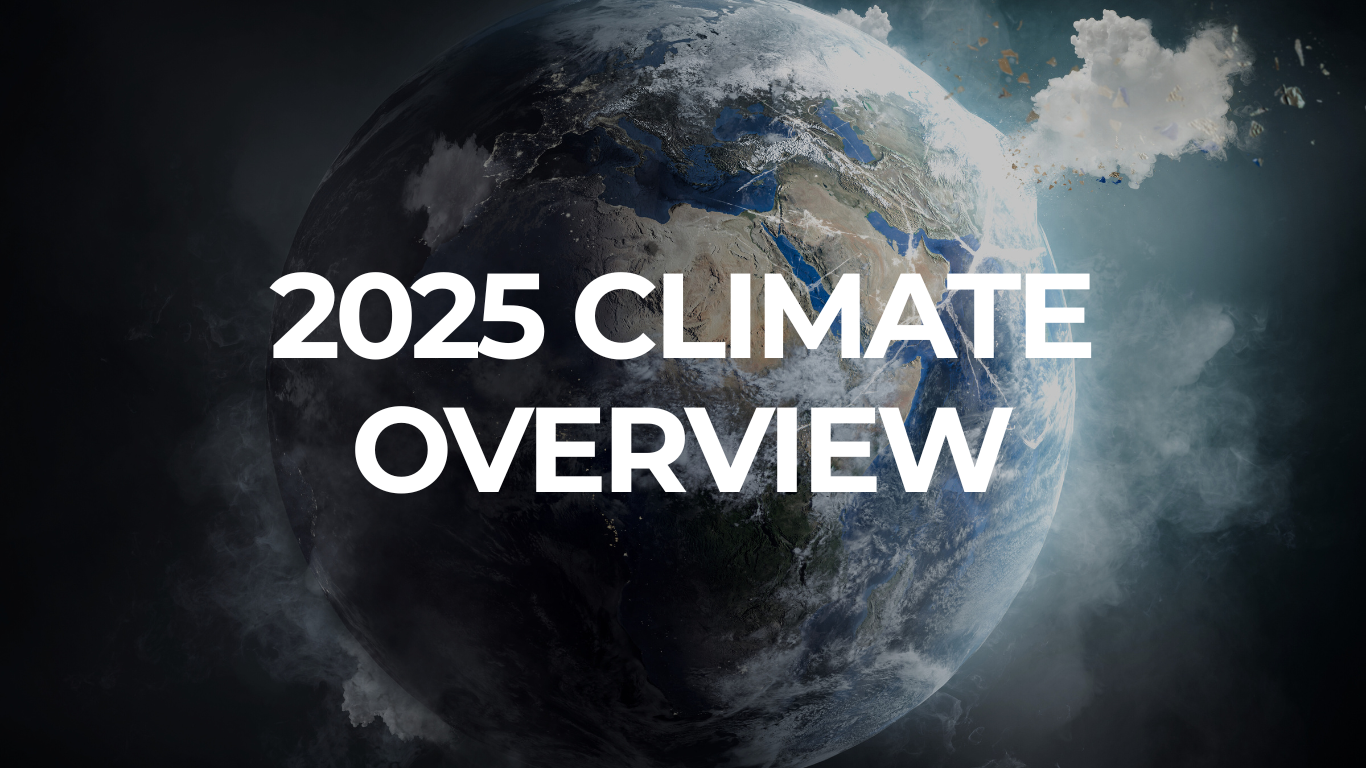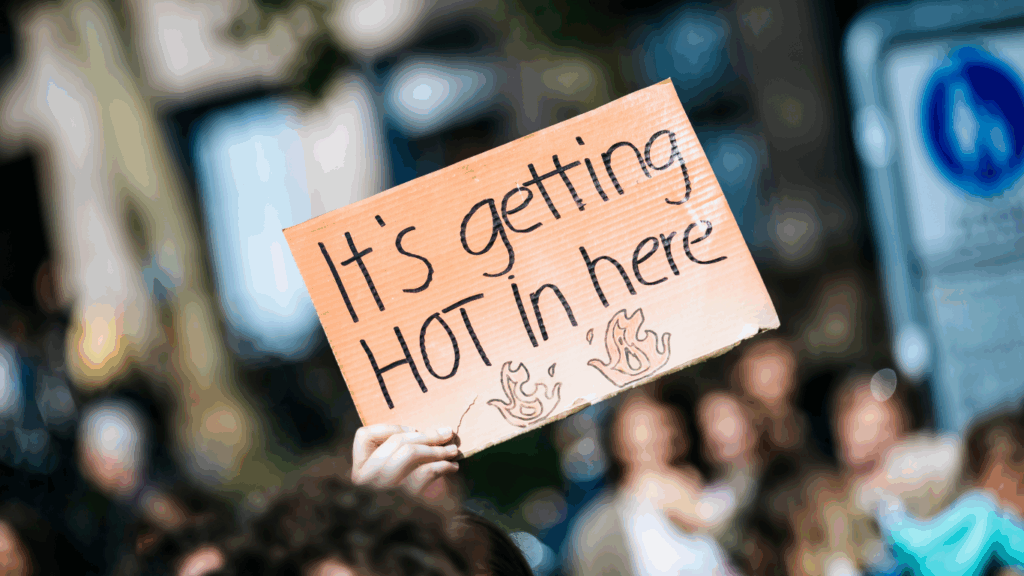This is how we lived through the biggest power cut in Spanish history
Where were you when the blackout hit? I was in the office in Mojácar, Almería (in the south-east of the peninsula, for our friends abroad who are not familiar with Spanish geography). I was working on my laptop when I noticed that the screen had dimmed. The computer had stopped charging.
We were doing repairs, so at first we thought it might be a short circuit. But we soon realised that the power cut was affecting the entire office block in the business park. WhatsApp messages started coming in from Madrid. The power was out across the whole of Spain.
Within minutes, the media was reporting a massive blackout affecting the entire country — except for the Balearic and Canary Islands — as well as parts of Portugal and southern France. At first, the internet was still working via mobile data, but soon everything started to fail. No calls or text messages were coming in or going out.
As the hours passed and communication disappeared, anxiety grew. I couldn’t contact my family. My father, who is in a wheelchair, had a doctor’s appointment that day. What would have happened to his appointment? And on the way back, how would they have got him up to his flat without a lift? One of the worst things about these situations is not being able to communicate with your loved ones to find out if everything is OK.
After 18 hours without power, the electricity came back on in Mojácar, although other towns in the area took more than 24 hours to get their supply back. Almería was the Spanish province where power was restored last.
We had to wait 24 hours to get phone and internet service. Twenty-four long hours disconnected and unable to communicate or work. I took advantage of the time to clean, tidy up, read and reflect. I thought about what we could have done to be better prepared.
Are we prepared for an energy crisis?
The survival kit, a radio, a torch, batteries. We started to think about the next level of resilience: solar panels with an off-grid system and batteries or a satellite internet connection, or a diesel generator, a water tank on the roof (in several villages the supply was cut off because the desalination plants were not working).
I come down from my doomsday-ish cloud and accept that, in the complex, interconnected world we live in, which is completely dependent on electricity, energy in general and telecommunications, self-sufficiency is nothing more than a pipe dream.
Technical failure or cyberattack? A mixture of both?
The government and electricity companies still claim to be investigating what happened, so we do not know what caused the biggest blackout in Spain’s history. ‘If it’s not a cyberattack, I’m going to start worrying,’ said one Twitter user, concerned about the possibility of a technical failure of such magnitude occurring in Spain.
A well-known radio presenter commented on the radio on Monday afternoon that what was happening was not so serious and that we had to be patient. Unfortunately, he was wrong. It was serious, very serious indeed. Thousands of people were trapped on trains, in the underground, at stations, in cars and in lifts; sick people dependent on oxygen machines were rescued by the fire brigade, and investigations are underway to determine whether a family of three died from smoke inhalation from a generator, a woman from lack of oxygen and another in a fire caused by a candle. Yes, it is serious, very serious indeed.
With power and communications restored, we returned to work, impressed and grateful for the work of the state security services, the fire brigade and all those who helped to resolve the crisis.
As in any extreme situation, we must remain calm and show the responsibility and civic spirit that we saw on Monday in people who were much worse off than us.
For their part, the government and the companies involved must provide transparent and comprehensive information about what happened and, above all, how the cause of the blackout will be corrected so that ‘this never happens again’, as the Prime Minister said in a serious tone.
Lessons from the blackout: how to build resilience
As the causes are still being investigated, rather than adding noise and speculation, what we can do is reflect collectively and constructively on our resilience. What has become clear is that we were not prepared for a massive blackout or zero electricity, as the experts call it, either at an individual, community or state level.
What has happened in Spain is a brutal wake-up call: we are not resilient to systemic shocks. We need mental, social, technical and governance preparedness before possible disasters of this kind occur in the future.
Our energy and telecommunications systems are two pillars of modern society, and since we have no plans to return to prehistoric times, we would do well to learn from the blackout, its causes and consequences, and what it has revealed about ourselves.
We learn from disasters. Will we learn from this one?




